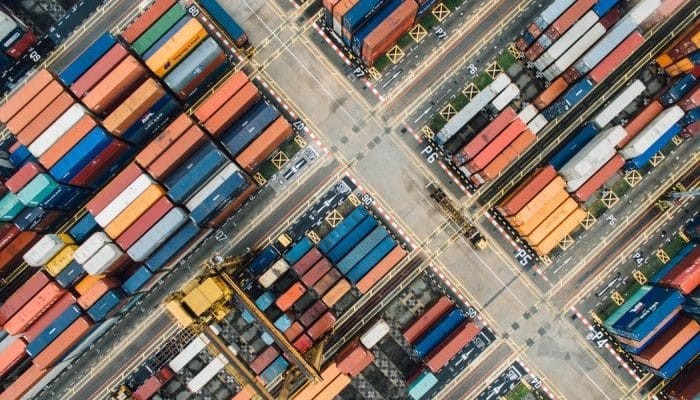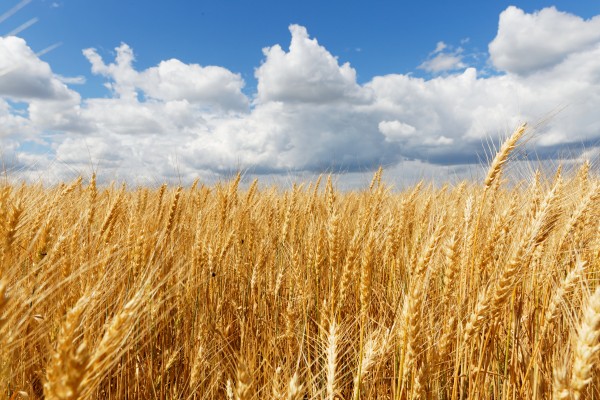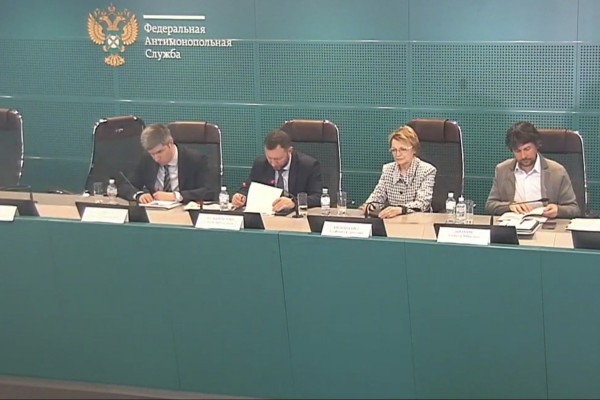On March 30th, the Government of Russia legalized parallel import: the import of goods without the permission of the right holder, the press service of the Cabinet of Ministers reported.
"The purpose of this mechanism is to meet the demand for goods containing the results of intellectual activity. Until now it was impossible to sell them on the territory of our country without the permission of the right holder",
— Prime Minister Mikhail Mishustin explained at a meeting of the commission on improving the sustainability of the Russian economy in the face of sanctions.
It is stressed that in conditions of external restrictions this decision will help to provide the domestic market with goods in demand and stabilize prices.
The list of products will be approved by the Ministry of Industry and Trade. As previously indicated in the ministry, the list will be formed based on proposals from the authorities concerned. It is stressed that parallel import does not mean legalization of counterfeit goods, we are talking about the supply of original goods through alternative channels.
Aleksey Ivanov, director of the BRICS Competition Centre, believes that instead of abolishing the ban on parallel imports and introducing the international principle of exhaustion of rights, the government "has proposed a kind of surrogate with temporary effect aimed at creating bureaucratic procedures which are not clear to consumers and manufacturers, to create a list of goods to which for some reason the relevant paragraph of the law does not apply".
This in itself does not cancel the regime of banning parallel imports — it remains, the expert explains.
"On the one hand, the ban persists through the existing measures of customs control, which are not applied even in the European Union (they have an explicit ban on the use of customs facilities to control the importation of goods in a parallel import regime). Second, the actual introduction of the international principle of exhaustion, and not only for goods, but also for patents and other objects of copyright has not taken place. Thirdly, the creation of such a regime of selective definition of the list of goods at the level of the ministry, which can change, deprives the entrepreneurs-importers, the new "shuttle traders", of the opportunity to plan their work, to build logistics chains. They do not understand what the criteria are for putting goods on the lists and whether they will be able to bring them into Russia to sell to consumers".
The Federal Antimonopoly Service (FAS) has repeatedly advocated the legalization of parallel imports




